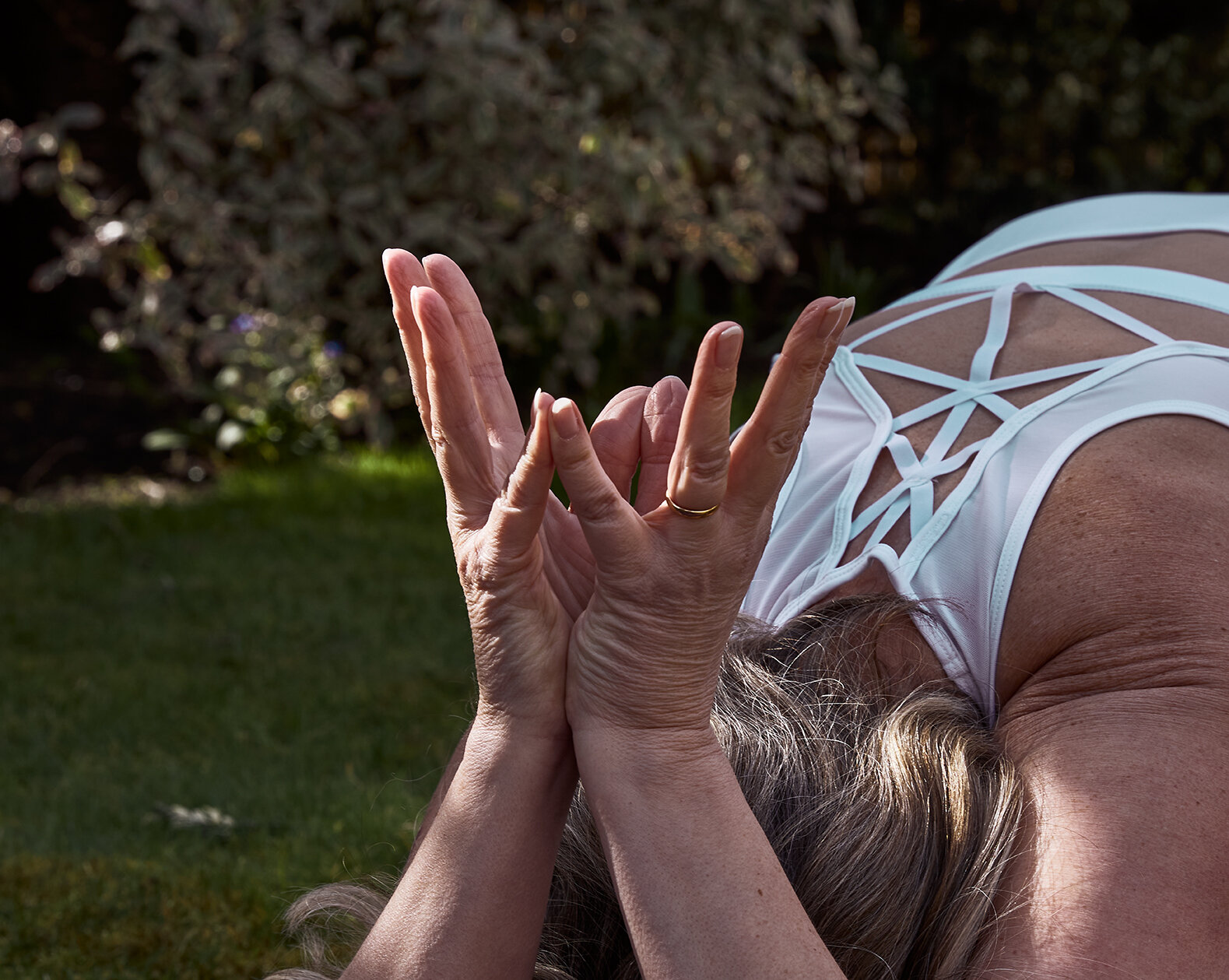Yoga and ageing - Part 3
As yoga has become more mainstream, scientific studies on the benefits have been burgeoning over the last few years. Although objective clinical trials to absolutely prove without doubt the advantage of yoga over other forms of exercise interventions is not possible, there is evidence suggesting benefits for depression and anxiety, increased resilience to stress, lowering the risk of heart disease, blood pressure, cholesterol and weight gain. Yoga practitioners are 20% more likely to have a positive image of their own physical and mental health, 66% exercise more and 40% eat healthier foods.
With increasing age the frequency of chronic and non communicable disease such as heart disease, cancers, type 2 diabetes, arthritis and conditions such as sarcopenia (loss of muscle mass and strength) increase, many of which are associated with lack of physical activity. An increase in sarcopenia in particular can lead to an increased risk of osteoporosis and falls
In order to reduce these risks, physical activity should be maintained throughout life such that the tissues in the body (muscles and bones etc) are exposed to a certain amount of mechanical and biological stress as well as maintaining function of the joints to enable efficient movement and maintain joint flexibility.
Movement, in the form of Yoga is an ideal way to expose the body to biological and mechanical stress as well as keeping the joints supple and flexible in a controlled and gentle manner particularly to those who perhaps did not participate in exercise earlier in their life. Even for older adults with chronic disease Yoga can help with symptom management and prevention of co-morbidities and secondary conditions.
In addition to the benefits of Yoga on the physical body, Yoga can help improve cognitive and brain function, anxiety and depression as well as providing an environment for social interaction. Adults who participate in physical activity score higher on quality of life surveys and generally have improved body image, perception of self-efficacy and self-esteem
“The success of Yoga does not lie in the ability to perform postures but in how it positively changes the way we live our life and our relationships.” T.K.V.Desikachar
Is yoga only about asana?
No, there is much, much more to yoga than practicing asanas though most people do come to yoga classes initially for the exercise. Once you have been attending regular class you may begin to start noticing subtle changes in your thinking. Many of my students say they feel generally calmer, not flying off the handle as often as they used to, sleeping better, feeling overall more healthy. How many other forms of physical fitness have these benefits, not that many.
Where and when can you give it a go?
During this time of lockdown why not give yoga and/or Pilates a go online. You can book into one of my classes, depending on which one you feel will be most appropriate, however if you are at all unsure drop me an email and I can help you choose.
I’d love to see you there.
“Your body can do it. It is your mind you need to convince.” Anon

